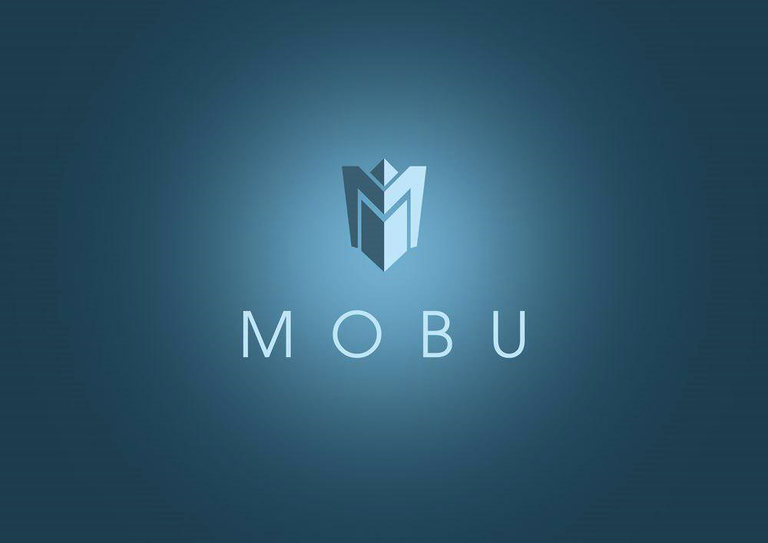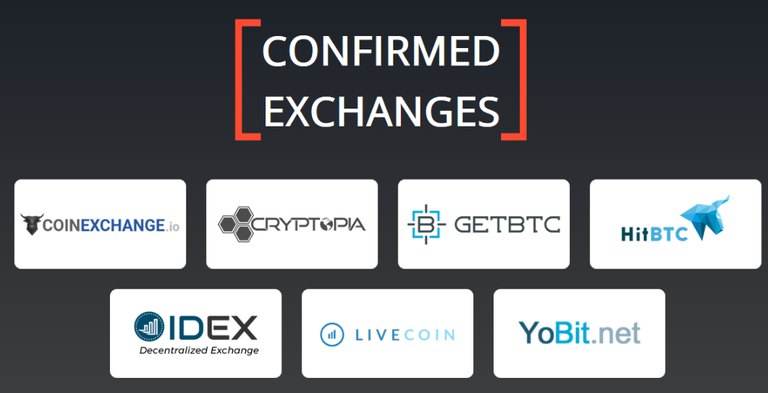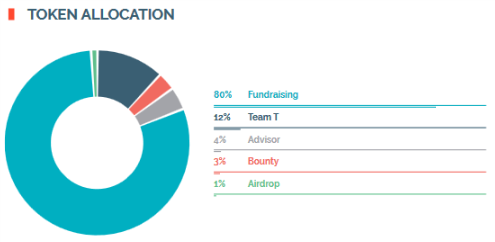This is my entry for the sponsored writing contest organized by @monajam. You can find the contest here.

In here we'll see the differences between security tokens and utility tokens and why laws and regulations have crashed many companies’ attempts to create new security tokens as well as presenting MOBU, a great and profitable solution to this problem.
Tokens, utility vs security
![]()
Nowadays you can buy tokens in exchanges like Binance or Bittrex and use them for different operations and to purchase different services, like the basic attention token or steem. The idea of a utility token is precisely to allow users to consume the services offered by means of those tokens, they are similar to holding a dollar and going to shop at a market. Value should remain stable and the services offered should be stable as well.
On the other hand, a security token is more like holding a share of a company; you buy a token that is backed by a user or company and whose value you expect to increase and thus give you profit. When buying these kind of tokens, you’re making an investment, and in order to protect you, the investor, the Securities and Exchange Commission (SEC) regulates these tokens and takes legal actions against companies who doesn’t enforce regulatory frameworks such as Regulation D, Regulation S or Regulation A+ amongst others. If a company wanted to create a security token that complies with these regulations and provides users with valid legal investment opportunities, it would need to deal with some complex issues.

Introducing MOBU
MOBU is a user-friendly smart contract and all-in-one platform for security tokens. It basically allows companies who wants to create a security token to do so using the MOBU interface, while MOBU then issues a contract for developers to build the token itself while regulators validate the legal issues related to the token or the company itself.
MOBU is very strict and works hand in hand with all regulatory processes, and only allows transactions from verified investors and legal representatives as seen in the next picture taken from the whitepaper:

An issuer company needs legal approval, and MOBU provides an easy, user-friendly interface for communication between the issuer and the legal representatives, allowing for the sharing of documents through a secure web interface to complete the compliance process. This legal representative then sets limits on the token and after all requirements are complete, he sets the security token ICO contract address and only then can trading begin. He is then bound to give legal advice to the issuer of the tokens.
When the security token is on the market, investors may want to buy them, in order to do so, they need to choose a KYC (Know your customer) provider to get whitelisted, this process is very important from a legal point of view, since it’s necessary to prevent money laundering or supporting terrorism, for example. In order to get whitelisted they need to comply with all the provider requirements & pay them with MOBU tokens.
This investor can now buy security tokens according to the restrictions established by the legal representatives, and it can sell those same tokens only to other investors who have also been whitelisted in decentralized exchanges. Investors have another key advantage when using MOBU for their investing needs, because MOBU has full bank support, allowing investors to invest with fiat money.

MOBU tokens

MOBU tokens are utility tokens needed to operate in the MOBU platform and to use its services, and they are the core of MOBU.
According to the whitepaper, the standard price of a MOBU token is 0.15 USD and they are built upon the MOBU ERC20 platform and comply with the MOB20 standard. MOBU charges a 1% fee for all ICO’s listed and it will also charge a small fee for all the transaction in the MOBU marketplace; this is similar to other exchanges.
MOBU tokens are utility tokens, but they are also related to MOBU directly, and as MOBU gains value, MOBU tokens could gain value as well. MOBU tokens are also paid to developers who create the security token ICO contracts with the help of the legal representatives, creating job opportunities as well using a bounty system.

Conclusions
- Utility tokens serve to pay for services, they are similar to fiat currency and they should have a stable value.
- Security tokens are similar to holding shares of a stock, they are an investment where you put money expecting to get more money back.
- Security tokens are heavily regulated by the SEC and companies who issue tokens who act as security tokens but don’t comply with regulations face legal actions.
- MOBU allows companies to create legal security tokens through user-friendly interfaces and with accredited legal representatives.
- MOBU offers security for both the issuer and the investor by means of allowing only whitelisted users or tokens to be traded.
- MOBU tokens are necessary for using most of the services of the MOBU platform.

More information
Website
Whitepaper
Medium
Twitter
LinkedIn
Mobu Team
Images source: mobu.io and maxpixel.net
Excellent review @ejgarcia
I was just wondering. It seem to me that MOBU is one of very few ICOs that are completly launched as security token. I wonder why. Wouldn't it be better to come up with some utility to their tokens and launch ICO as a utility token?
And also how will they maintan the price? Does MOBU offer Masternodes or POS to attract hodlers? If I cannot use those tokens and on top of that if there is no POS/masternodes introduced into their structure ... then what would make price go up or at least stay on stable level?
Obsiously upvoted :)
Yours
Piotr
Sorry for the very slow answer, I don't have internet on the weekends.
Let me explain a bit, MOBU tokens in itself are utility tokens, and the MOBU platform is for easing the creation of security tokens.
Their main objective is in the partnership with the big shareholders. Stocks and forex move trillions, while cryptos move only billions (as of today). While I was reading the whitepaper I noticed that they're very focused on companies and not on the average investor or the normal crypto user. The method for maintaning price isn't mentioned, or at least I didn't find it; but it's certainly an interesting point that I considered to "avoid" during writing. The fact is that MOBU tokens are utility tokens, but if they don't stabilize the price, they could transform into security tokens due to SEC regulations; at that point it would defeat the very purpose of the platform. I also didn't want to go into too much technicals to make the post more accessible to everyone; but to answer the very last question you made from a trader's viewpoint:
Prices are always decided by two factors:
If the MOBU platform itself grows and tons of security tokens are created by means of the platform, then the token's value will go up, since you can access more services by using it (unless the company uses a stratagem to fix price). As many people start using the token and it becomes more accepted and supply diminishes, it's value will increase.
Finally (sorry for the long and roundabout answer), if you're thinking whether to invest in their tokens or not; the short answer is no, price movement in their tokens would be deadly for them. The platform itself needs the tokens for operation, so if you want to purchase security tokens made using the platform you'll need them.
I hope I explained at least a bit of what I understood when searching for info; feel free to reply again if you want more info, though I'll probably need to reference the whitepaper again for it :D
Hi @ejgarcia
Im very sorry for such a late reply. Somehow i've missed it and just read it a moment ago.
Thank you so much for your time and the fact that you're willing to share your knowledge with me.
Yours
Piotr